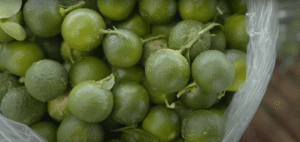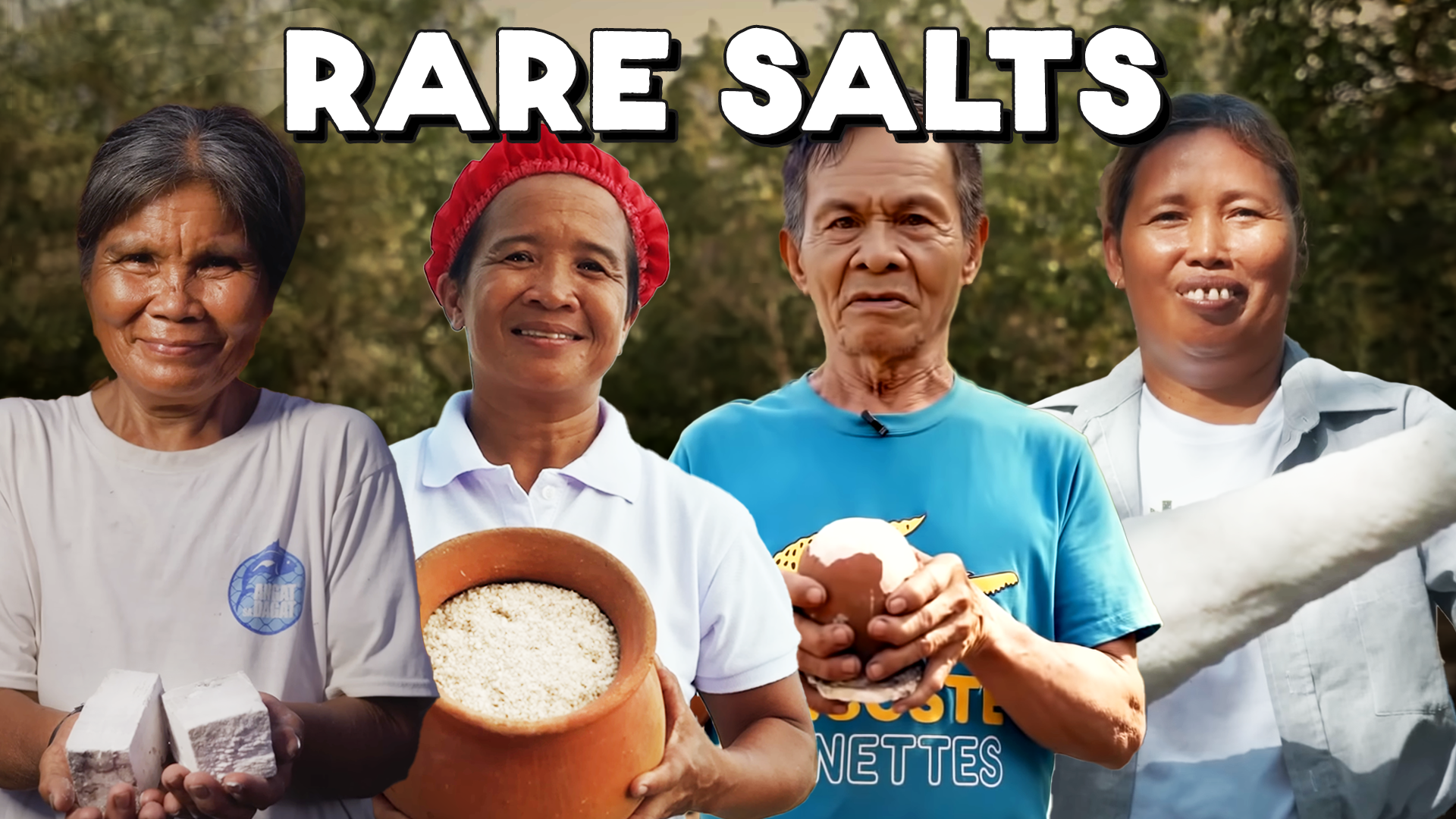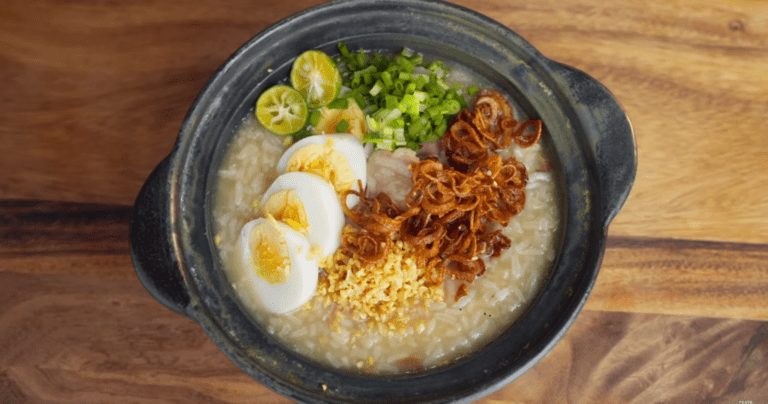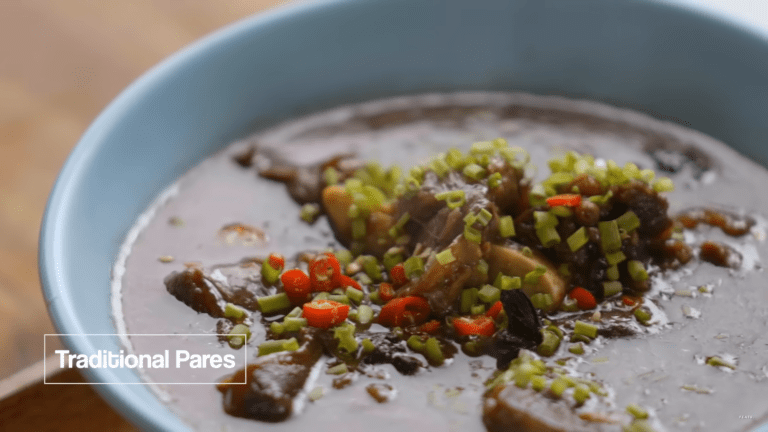This feature is nominated in the 2024 James Beard Foundation Awards for Best Visual Media—Long Form category.
Acidity is an essential flavor in Filipino dishes and can be found in local produce and dishes. While the Philippines holds various ingredients that help bring out this flavor, there are very few that are as iconic as the calamansi.


The calamansi is a native fruit to the Philippines and is a vital part of the quintessential flavor that is “asim” (sour). Unfortunately, the calamansi farming industry is on the decline, as local production went from 183,000 metric tons in 2011 to 109,000 metric tons in 2020.

However, the calamansi is starting to get recognition overseas. Serai is a Filipino restaurant in Melbourne, Australia led by Ross Magnaye and Ralph Libo-on. With his take on reimagined Filipino dishes, the calamansi shines through. One delicacy on their menu is Skull Island King Prawns with spiced buro butter with the addition of apple calamansi.
Their story is a familiar one for Filipinos across the globe–Ross migrated to Australia as a child with his family and his cooking is inspired by the flavors that his grandmother introduced to him. According to Ross, his grandmother showed great respect for tradition and ingredients. If she needed coconut cream, she would use a fresh coconut. Today, Ross shows the same respect to tradition and authenticity in Serai.

Over at their bar, Ralph mixes an array of colorful cocktails. One of his memorable creations is the “Boracay Elixir” which includes freshly squeezed calamansi. The mix was inspired by his time in Boracay when the locals used calamansi to heal jellyfish stings.

Aside from being a distinct souring agent and a healing substance, the calamansi is also seen as a symbol of Filipino heritage.

The Entree Pinays continue to preserve and promote Filipino food, culture, and heritage. The group was founded by Fides Mae Santos and Grace Guinto. Not surprisingly, both Grace and Fides have calamansi growing in their backyards that they use for their daily family meals. Filipino migrants often miss the taste of home and the culture of our homeland. A simple dish prepared with an heirloom ingredient can bring back memories and traditions that are still passed down through generations.

The taste of calamansi is one that we call our own. In order to honor the calamansi, we need to support its production and those who continue to help preserve its identity as one of our national flavors.







